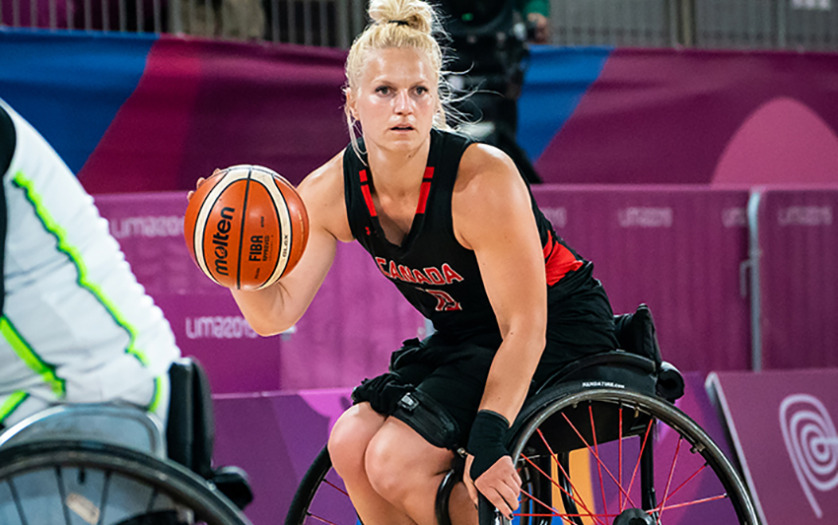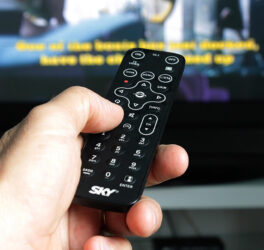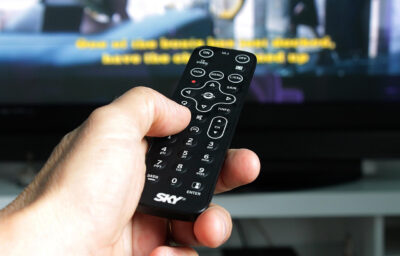
The Canadian Broadcasting Corporation (CBC) is your go-to for all things Paralympics – beginning with some background to the Games.
Taken from The Buzzer, CBC Sports’ daily email newsletter, the Paralympics first began in 1948 and was called the Stoke Mandeville Games. A group of 16 wounded British World War II veterans got together to compete in archery in the city of London. By 1960, the games developed into the Paralympics that we know today. The International Paralympic Committee was founded in 1989.
Canadian Paralympian Alison Levine clarified some common misconceptions about the Games in a recent tweet, such as that Para is short for parallel — as in next to the Olympics, and not paraplegic. Even though the Paralympics are equally as important to its athletes as the Olympics are to theirs, the Paralympics do not garner the same funding and public attention.
A record 167 countries have athletes participating in the Tokyo Paralympics, exceeding the 164 that attended London 2012. Originally, there were to be 168 countries represented in Tokyo, but p, unfortunately, Afghanistan’s two athletes — including its first-ever female Paralympian — cannot leave Kabul due to the Taliban’s takeover of the country.
Approximately 4,400 athletes will compete at the Paralympics – with a range of disabilities, from mobility to vision disabilities.
With the addition of para taekwondo and para badminton, athletes will compete in 22 different sports in Tokyo, where about 1,500 medals will be won.
Other events include swimming, athletics, archery, rowing and wheelchair basketball as well as goalball (designed for those with vision disabilities, teams of three essentially trade turns throwing a ball to beat a goalie), five-on-five soccer (known officially as football 5-a-side) and boccia (similar to bocce, throwing balls as close to a target as possible).
Canada, specifically, is sending 128 athletes to compete in 18 different sports in Tokyo. At the 2016 Paralympics, Canada won 29 medals, including eight golds, to finish 14th overall. Read more about Canada’s full delegation, go to www.cbc.ca/sports/paralympics
Canada’s record for a Summer Paralympics is 238 medals set in 1984 – a Games which included only 54 countries and more events equaling a total of 2,774 medals up for grabs.
There are a few athletes who are early favourites to win medals. Archer Karen Van Nest and wheelchair rugby player Patrice Simard are back for their sixth Paralympics.
Brent Lakatos, winner of seven medals in athletics, will compete in his fifth Games. Nate Riech, also in athletics, is making his Paralympic debut. After suffering from multiple leg injuries, Marissa Papaconstantinou is ready to compete in sprint events.
In swimming, Aurélie Rivard is favoured to bring home medals after winning three golds and one silver in the Rio Paralympics.
Wheelchair basketball player Patrick Anderson, pegged the Michael Jordan of his sport, has experience to help him at the Games – in his previous four appearances, Anderson helped Team Canada win three golds and one silver.
CBC will have live coverage of the Paralympic flame lighting beginning at 6 a.m. ET on Tuesday, August 24 followed by continuous Games coverage through to the closing ceremony on Sunday, September 5.
You can find live sports on TV between 3-5 p.m., 7-8 p.m. and midnight-2 a.m., all times E.T.
Meanwhile, as many as 12 events will be live streamed every day on CBCSports.ca and CBC Gem.








